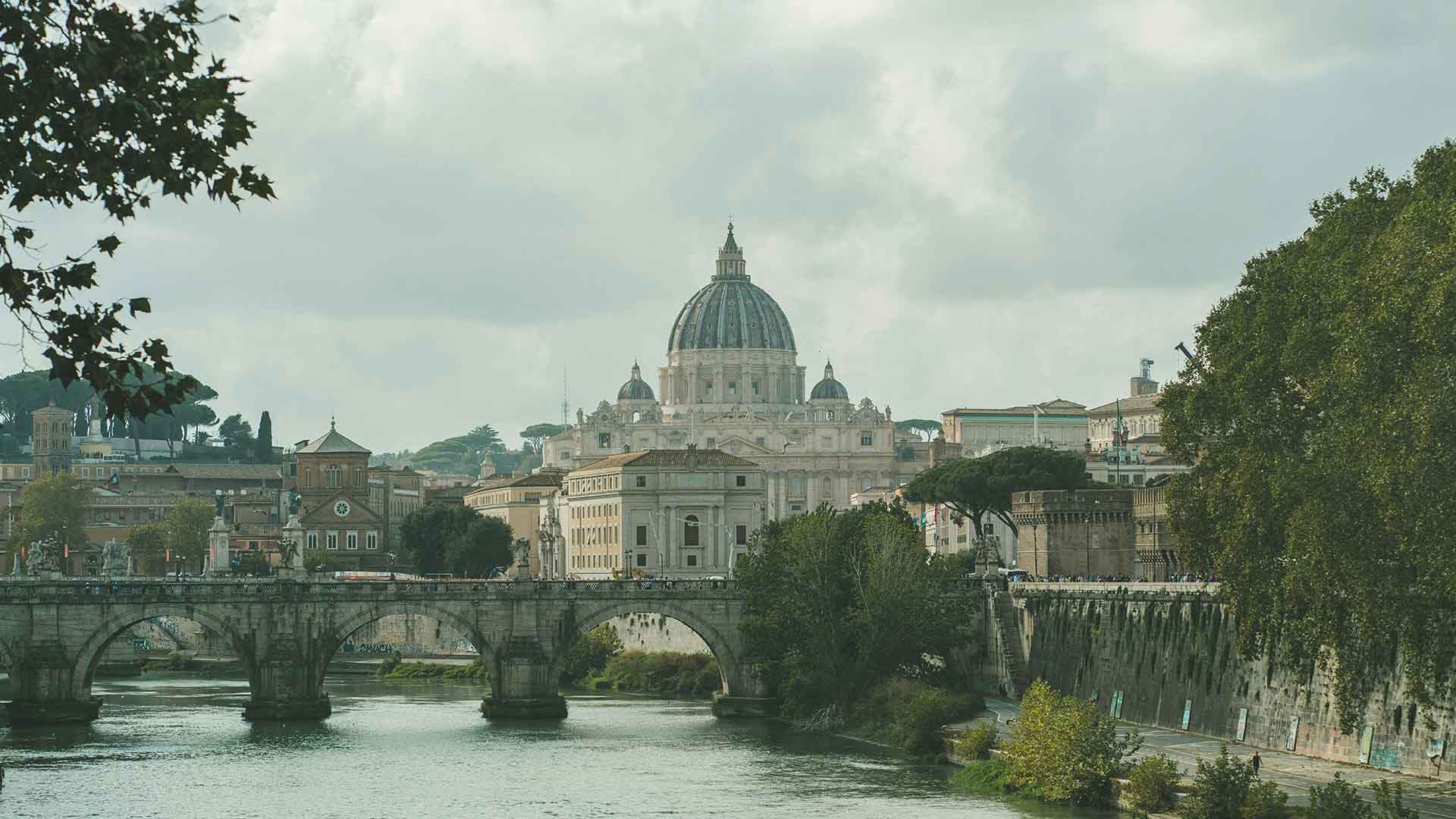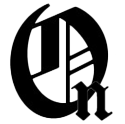American Cardinal Robert Prevost Elected as Pope Leo XIV, Breaking Historic Barrier

NEW YORK — In a historic turn that shatters precedent, Cardinal Robert Prevost, a 69-year-old American from Chicago, was elected as Pope Leo XIV on May 8, 2025, becoming the first U.S. citizen to lead the Catholic Church. The announcement came after white smoke billowed from the Sistine Chapel chimney at 6:07 p.m. local time in Vatican City, signaling that the secretive conclave of 133 cardinals had reached a two-thirds majority after days of intense deliberation. Prevost, who spent much of his career as a missionary in Peru and later headed the Vatican’s influential office of bishops, emerged as a unifying figure in a church grappling with ideological divides and global crises, raising questions about how his American background will shape the papacy in an era of geopolitical tension and cultural polarization.
Prevost’s ascent to the papacy is not just a personal milestone but a seismic shift for the Catholic Church, which has long viewed the idea of an American pope as taboo due to the United States’ political and cultural dominance. His appointment to lead the office vetting bishop nominations in 2023 under Pope Francis gave him a prominence few cardinals could match, positioning him as a trusted insider despite his low public profile in Rome. Moreover, his role in implementing one of Francis’ most progressive reforms—adding three women to the voting bloc for bishop nominations—signaled his alignment with modernizing efforts, even as conservative factions within the church pushed for a return to orthodoxy. This duality, coupled with his deep ties to Peru where he served as archbishop of Chiclayo, paints Prevost as a bridge between the church’s traditional roots and its urgent need to address contemporary issues like poverty and inclusion.
The reaction to Leo XIV’s election has been swift and varied, reflecting the complex expectations placed on the first American pope. In Lima, Peru, cathedral bells rang out as locals expressed pride in a pontiff who once ministered among them, with teachers like Isabel Panez voicing hopes for a papal visit to their nation. Closer to home, U.S. President Donald Trump took to Truth Social to congratulate Prevost, calling his election a “great honor for our country” and expressing eagerness to meet him, a statement that underscores the potential for heightened political scrutiny of the Vatican under an American leader. Meanwhile, in St. Peter’s Square, crowds erupted in cheers and chants of “Viva il papa!” as Prevost delivered his first message of peace from the basilica’s balcony, invoking his Augustinian roots and missionary past to call for dialogue “without fear” in Italian and Spanish.
Prevost’s background as prior general of the Order of St. Augustine, a 13th-century community dedicated to poverty and service, offers insight into the values he may prioritize as pope. The order, inspired by St. Augustine of Hippo, emphasizes contemplative spirituality and communal living, principles that could guide Leo XIV’s approach to a church facing declining membership in the West and rapid growth in the Global South. His decades in Peru, where he was known for maintaining “good humor and joy” even amid challenges, as recalled by Rev. Fidel Purisaca Vigil, suggest a pastoral style that prioritizes connection over dogma. Yet, the ideological rifts within the conclave—evident in the diversity of “papabile” contenders like conservative Fridolin Ambongo Besungu and progressive-leaning Pietro Parolin—indicate that Prevost will need to navigate a minefield of expectations from traditionalists and reformers alike.
The election process itself, shrouded in secrecy as per Vatican tradition, revealed the weight of this historic moment through small but telling details. The cardinals, sequestered without contact to the outside world, voted in a conclave of unprecedented linguistic diversity, with 133 electors from 70 countries potentially slowing proceedings due to translation needs. Crowds in St. Peter’s Square, a mix of pilgrims, tourists, and clergy, waited anxiously for smoke signals, their suspense palpable as black smoke turned to white, while church bells tolled from Barcelona to Rome in celebration. This global anticipation underscores the stakes for Leo XIV, who inherits a church at a crossroads, balancing Francis’ legacy of openness with calls for doctrinal clarity from conservative corners.
Perhaps the most pressing question is how Prevost’s American identity will influence his papacy in a world where the United States is both a cultural juggernaut and a lightning rod for criticism. His first words, “Peace be with you,” echoed the Risen Christ and aimed to transcend national boundaries, yet the reality of leading 1.3 billion Catholics from a superpower’s perspective cannot be ignored. Will he lean into his missionary experience to focus on the marginalized, or will his U.S. roots draw the Vatican into sharper political debates on issues like climate change, migration, and social justice? For now, as the Swiss Guards took position and military bands played in Vatican City, the world watches a new chapter unfold under a pope whose very election defies centuries of tradition.
